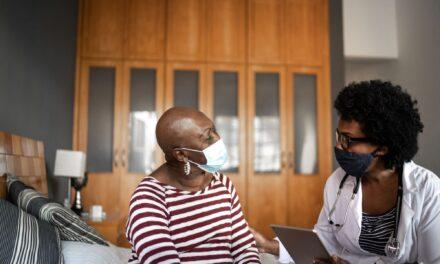
I have always been troubled by the word tolerate in connection with inclusion. When I think of tolerance it suggests someone is “putting up with” you. One definition in Dictionary.com is “the act or capacity of enduring.” My friend and colleague Steve Hanamura conducts a little exercise in his presentations where he says to someone in the audience, “I am going to tolerate you today”. He then asks how that feels. As you can imagine it doesn’t feel good at all. Who wants to just be tolerated?
The reason that I am resurrecting this topic is because the word has been used a lot over the past week in connection with Bruce Jenner’s gender reassignment. Media pundits have been talking about the increased “tolerance” in our society for transgender individuals.
I say that we want to move beyond tolerance to acceptance. Now mind you, acceptance does not necessarily mean agreement. Actually one of the definitions of tolerance in the Merriam Webster online dictionary comes close to what I mean by acceptance: a fair, objective, and permissive attitude toward those whose opinions, beliefs, practices, racial or ethnic origins, etc., differ from one’s own. While I would disagree that the commonly held understanding of tolerance includes a fair, objective and permissible attitude (if I can be so bold as to disagree with Webster), their second definition is more what I think it means to tolerate, the ability to accept, experience, or survive something harmful or unpleasant. Again I question whether when we tolerate if we are really accepting because it is my opinion that to accept you have to deeply understand the perspective of the individual or group you are accepting from their worldview and not just your own. When we tolerate others who are different, I think it is more about enduring something that is unpleasant than it is about truly accepting. My definition of acceptance is the ability to deeply understand perspectives other than your own in a non-judgmental way. It is the worldview that there are other values and beliefs just as valid as your own.
Going deeper in our understanding of the world that a transgendered individual lives in and how it is different from our own is hard work taking time and commitment. Vadim Liberman makes some excellent points in The Buzz about lack of access to adequate health care and the physical and psychological toll that a decision to transition takes. So it is easy to say that we will tolerate Bruce now Caitlyn in her decision and all of the other Caitlyn’s in the world for that matter, but for us to really live inclusively it takes more.
We must consider becoming allies, commit to learning more about transgendered life beyond the stereotypical depictions. Once we are able to see the world as they to, we can then judge whether we agree or not. Anything before such a level of competence, is just tolerance and while tolerance is a good first step because it is better than intolerance, I still submit, it is not enough if our goal is to live inclusively.


















